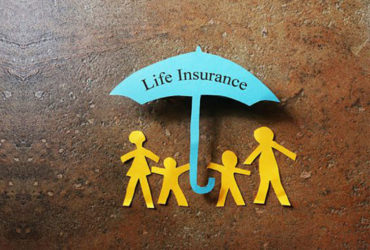Due to the price increases in the UK, many householders can expect their bills to be an average of £1,465. Unfortunately, such an increase means that many families will struggle to stay warm in the UK this winter. Yet while people struggle to ration their energy for the colder months, it has recently come into light that 340 MPs have been paying the gas and electricity bills for their second homes with parliamentary expenses.
The Investigation
According to a Sunday Mirror investigation, MPs have claimed a total of £200,000 of public money in a year for their energy bills. The official reports show that 41 MPs submitted claims costing more than £1,000 while 78 claimed £500 in the 12 months up to March of this year.
Here is a list of just some of the claims:
Tory MP Nadhim Zahawi made the top of the list with his claim of £5,822 in just 12 months for his Warwickshire home.
Andrew Robathan (ex-Minster of State for Armed Forces) claimed £4,586.80 for his energy costs.
Ex-Labour Cabinet Minister Peter Hain made a claim of £4,571 on a second home in his South Wales constituency.
Dame Margaret Beckett claimed £3,960 for her gas and electricity bill on her constituency home.
Old Etonian Hugo Swire claimed £3,198 on gas and oil on his second home.
Conservative Elizabeth Truss claimed £2,579 for gas and electricity.
Culture Secretary Maria Miller made a claim of £2,011 on her electricity bill on a constituency home that she rents.
It should be known that some of the MPs have defended their claims. For instance, Dame Margaret Beckett has stated that her claim was so high due to "ill health in her family" and having to stay in the home longer and have the heating up higher.
The Outrage
Although MPs have claimed £23m in personal expenses this period, it’s the £200k spent on electricity bills that’s causing the uproar. When you compare energy costs for the average householder (an expected £1,465), it’s very easy to see why so many people are outraged. Given that Tory MP Nadhim Zahawi’s bill alone is over four times the national average, and that it’s being paid by taxpayers, it’s hard to justify such costs when so many families are struggling.
While claiming gas and electricity expenses is within the MPs’ limits, many people believe that using their money to pay costly bills is morally wrong. For instance, the maximum that an MP can claim for a second home allowance in a year is £20,100. The figure includes claims for rent, hotel stays, service charges, council tax, phone, Internet, and gas and electricity. Yet, with 310 MPs not claiming fuel expenses because they feel it’s the right thing to do, why did 340 go ahead and opt for free fuel?
The public especially believes that many MPs are out of touch with the struggles of everyday people. In fact, new research shows that 8 of 10 households will need to ration their energy this winter. An influential campaign group also points out that 200 pensioners a day could die this winter because of being unable to heat their homes.
Unfortunately, a majority of the government’s responses on the topic of millions people being unable to pay their bills include simply wearing jumpers (Energy Secretary Ed Davey) or shutting your curtains (Deputy Chairman of the Tory Party Sarah Newton). Another piece of popular advice is to compare energy costs between suppliers and switch over when necessary. Yet, with major fuel suppliers increasing their prices by as much as 8.2% (SSE) to 10.4% (Npower) in November and December of this year, learning how to compare energy costs may be difficult. With four of the Big Six increasing their prices, the fear is that other firms will quickly follow in their footsteps.
Ultimately, given that 340 claimed taxpayer money to pay their own bills, many people feel that it is all too easy to see why very little is being done about fuel poverty. To be expected, many taxpayers feel bitter toward government representatives in light of the new information. While some are hoping that the facts and figures will help make changes for the better regarding fuel poverty, others are less optimistic.
















